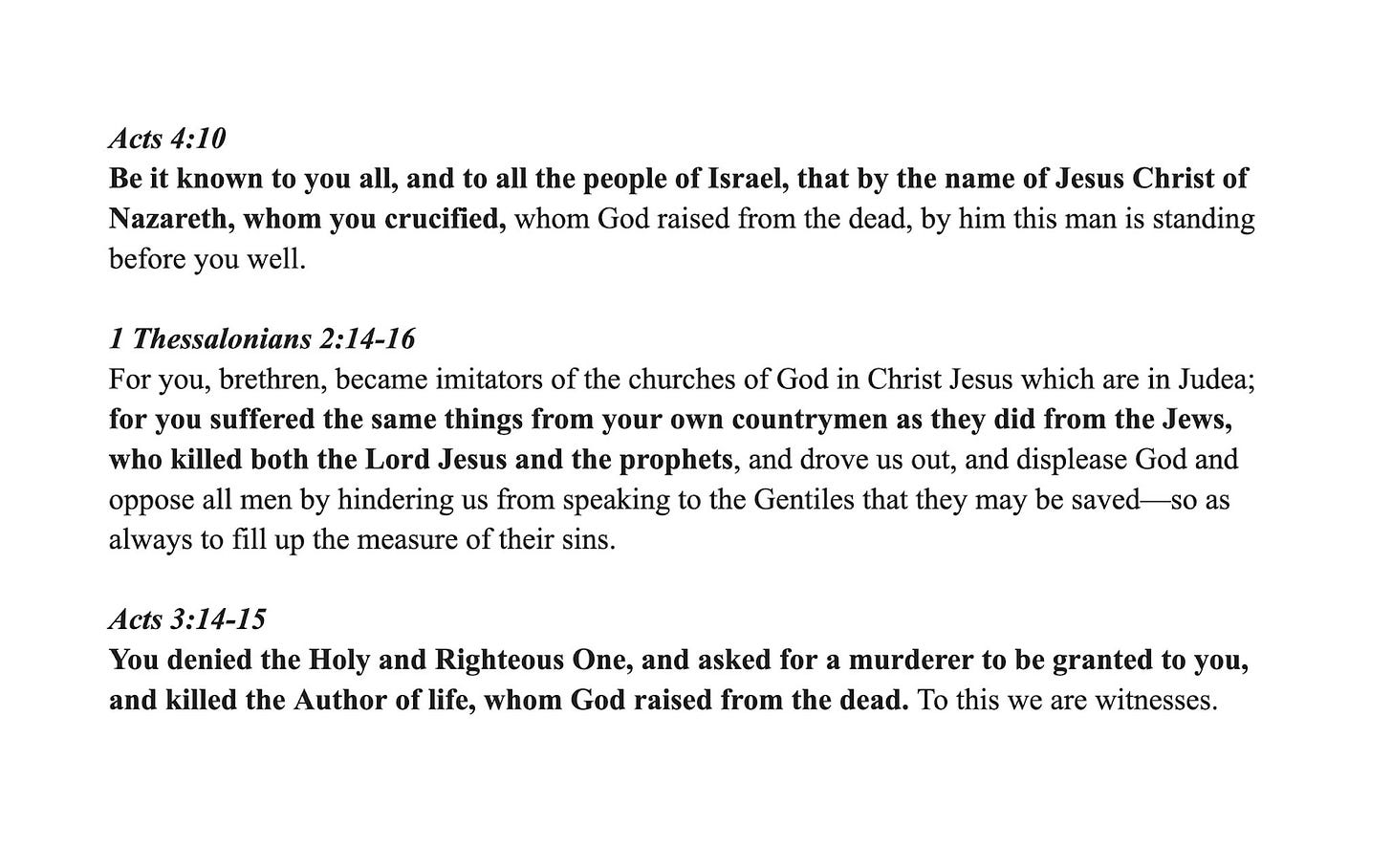The Antisemitism Awareness Act is Unconstitutional
There’s no question that antisemitism has historically been a problem but the Antisemitism Awareness Act is misguided and unconstitutional for various reasons

On the surface, the Antisemitism Awareness Act (H.R. 6090) is problematic in that it seems to attempt to control thought and certainly speech. For example, the bill regards criticism of Israel and its government as antisemitic. Despite the free speech implications of such an assertion, the definition creates various social and religious problems considering the Bible also offers criticisms. An issue even today’s Supreme Court is unlikely to overlook.
Arguably, the biggest problem with the bill is that it adopts a working definition of antisemitism from the International Holocaust Remembrance Alliance (IHRA). That definition has changed many times over the years and because it’s a ‘working’ definition, it’s subject to change at any given time in the future. This lack of solid standing in defining what is and isn’t considered to be antisemitic and the legal implications of it–should it become law–make this law dubious at best.
The outrage by Christian conservatives and free speech advocacy groups like the American Civil Liberties Union (ACLU) is founded. Christian conservatives were quick to point out that the bill would seemingly outlaw parts of the Bible that not only criticize “the people of Israel” but specifically target Acts 4:10, Acts 3:14-15, and 1 Thessalonians 2:14-16 which all declare that Jews were responsible for Jesus Christ’s death.

The ACLU goes further and highlights how the bill directs the Department of Education to employ the use of the redefinition of antisemitism when investigating alleged acts of discrimination under Title VI of the Civil Rights Act. In a statement, the organization condemned the House passage of the bill for undermining the First Amendment.
“The House’s approval of this misguided and harmful bill is a direct attack on the First Amendment,” said Christopher Anders, director of ACLU’s Democracy and Technology Policy Division. “Addressing rising antisemitism is critically important, but sacrificing American’s free speech rights is not the way to solve that problem. This bill would throw the full weight of the federal government behind an effort to stifle criticism of Israel and risks politicizing the enforcement of federal civil rights statutes precisely when their robust protections are most needed. The Senate must block this bill that undermines First Amendment protections before it’s too late.”
Before the vote, the ACLU also addressed the issue in a letter on April 26.
Does this survive the Senate? It’s unlikely that it even comes to a vote. Does it survive the Supreme Court should it be signed into law? It’s also unlikely considering the Bible implications that even Christian conservatives in Congress seemed to overlook. But what this highlights is why the United States has the Establishment Clause in the First Amendment that defines that no law should be made based on religion.
“Congress shall make no law respecting an establishment of religion.” - Establishment Clause of the First Amendment of the U.S. Constitution
According to the Cornell Law School Legal Information Institute, the clause “not only forbids the government from establishing an official religion but also prohibits government actions that unduly favor one religion over another.” This also means the clause prohibits the government from unduly preferring religion over non-religion. An idea that is unlikely to change anytime soon.
I am an independent reporter, writer, publisher of Capitol Press and The Antagonist Magazine, and a regular contributor at Unicorn Riot. You can find me on TikTok, Twitter, Facebook, Instagram, Mastodon, and Threads. To support my work become a paid subscriber or donate on Venmo, PayPal, or CashApp



